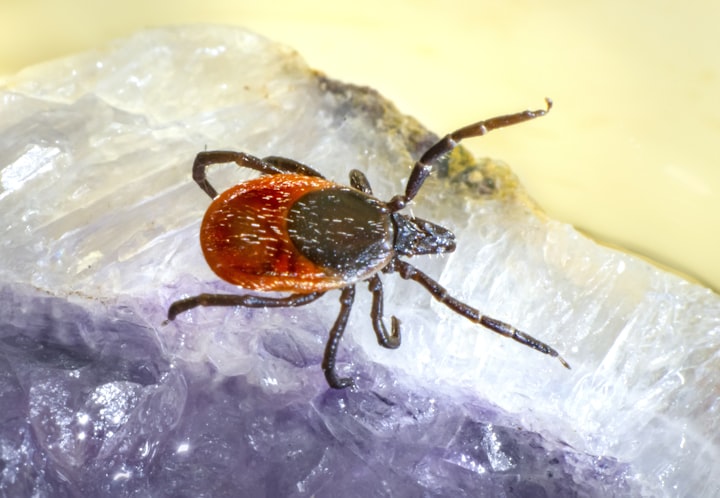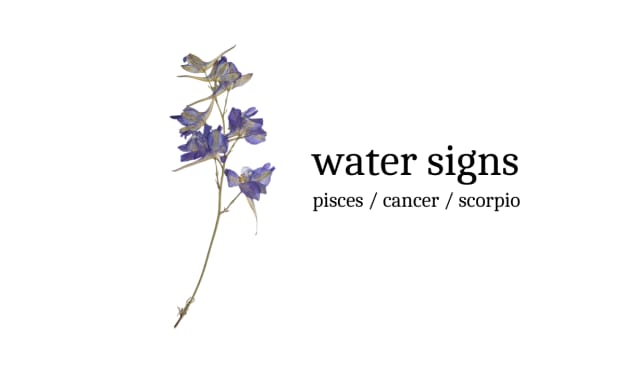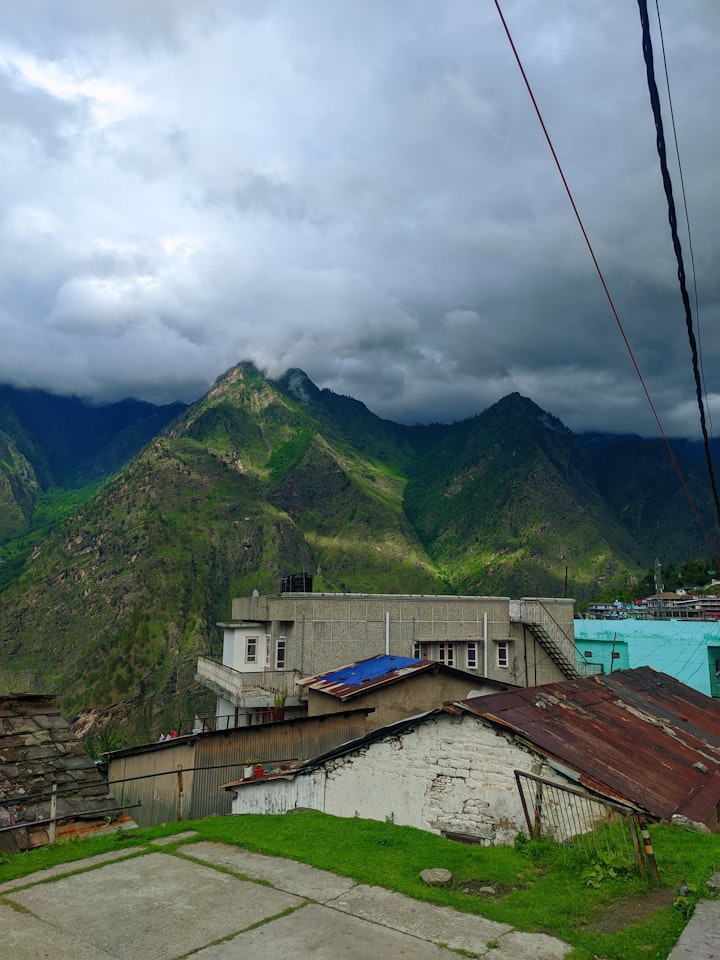Cockroaches can live up to a week without a head, learn 7 secrets of science
The cockroach dies only because without a mouth it cannot drink water and dies of thirst.

Science is a subject, the mystery of which remains intact even today. The more research is done on this subject, the more the curiosity grows. People learn and explore this subject, to test their minds and unveil new secrets. But sometimes we get stuck in different thoughts and thinking and we need to think differently to get our minds out of this confusing situation.
1. Hawaii is growing about 7.5 cm every year in Alaska
This is due to tectonic plates which are in constant motion, driven by rising and falling currents beneath them. Hawaii remains at the center of the Pacific Plate and, due to this constant motion each year, Hawaii is slowly and steadily moving back to Alaska on the North American platform.
2. headless cockroach can live up to a week
Cockroaches are famous for their hard work. Their circulatory system is open, so they breathe through tiny holes located in each segment of their body, they do not rely on the mouth or head to breathe. So cockroaches can live for a week or more. The cockroach dies only because without a mouth it cannot drink water and dies of thirst.
3. Adding salt to water lowers the water level
According to science, when a handful of salt is added to a glass of water, the volume of water in the glass decreases by 2%. This is because when salt is added to the water, the solvent molecules of the water become more organized in the area around the fragmented ion.
4. Some metals explode when exposed to water
It is a fact that when some metals come in contact with air they get oxidized immediately because these metals are highly active. These metals include sodium, potassium, lithium, rubidium, and cesium and explode when these metals are added to water. We know that these are all alkali metals and they have only one electron in their outer orbit due to which they easily forsake this electron and form bonds with other metals. Therefore these metals do not exist independently in nature.
5. Did you know that DNA is also a fire retardant?
Research has shown that when cotton fabrics are coated with DNA, the genetic elements found in DNA reduce the flammability of the fabric. This is due to the phosphate present in DNA which when heated produces phosphoric acid, which replaces water and acts as a fire retardant substance. Nitrogen in DNA produces ammonia which prevents combustion.
6. We do not notice the smell while sleeping
Researchers at Brown University conducted a test in 2004 on 3 healthy men and 3 healthy women aged 20 to 25 years. In which it was found that all the people woke up in a jolt due to loud noise, but the smell had no effect on them. This proves that we are not aware of the smell when we are sleeping.
7. Why do lightning flashes and clouds thunder happen?
During rain, small particles of water present in the cloud get charged due to friction of air. Some clouds have a positive charge and some have a negative charge. When a positively charged cloud approaches a negatively charged cloud, a potential difference of millions of volts is created between them. Due to such a high potential difference, an electric current starts flowing in the air between them. This creates a line of light. We call it lightning. A lot of heat is generated due to electric current. Causing the air to expand rapidly. Due to sudden dispersal, innumerable molecules of air collide with each other.
Bon voyage :).
About the Creator
Jayveer Vala
I write.
Reader insights
Nice work
Very well written. Keep up the good work!
Top insights
Easy to read and follow
Well-structured & engaging content
Excellent storytelling
Original narrative & well developed characters






Comments
There are no comments for this story
Be the first to respond and start the conversation.